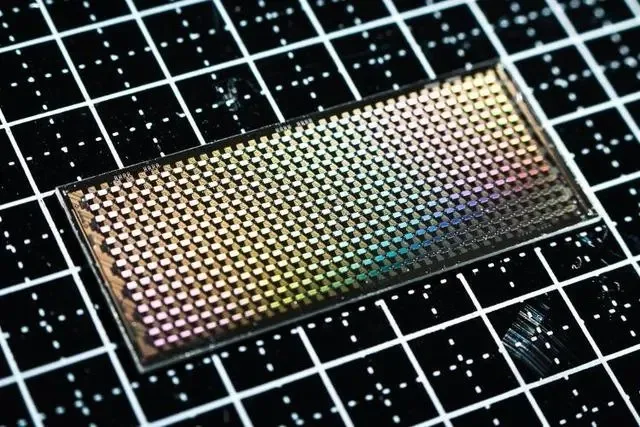The Center for Excellence in Quantum Information and Quantum Physics under the Chinese Academy of Sciences has launched a 504-qubit superconducting quantum computing chip, “Xiaohong”. The chip, delivered to QuantumCTek Co., sets a record for the number of qubits in a superconducting quantum chip in China. Interestingly this is just under half the maximum achieved by the 1,121 Qubit Chip from IBM.
According to an article in the ChinaDaily, The chip will be used to verify the kilo-qubit measurement and control system developed by QuantumCTek. The company plans to cooperate with China Telecom Quantum Group to develop a quantum computer with the new chip, accessible to global users via a quantum computing cloud platform.
China’s Quantum Leap: A 504-Qubit Quantum Chip
The Center for Excellence in Quantum Information and Quantum Physics under the Chinese Academy of Sciences (CAS) has made a significant stride in quantum computing. The center has produced a 504-qubit superconducting quantum computing chip, a record for China. The chip, named “Xiaohong,” was delivered to QuantumCTek Co., Ltd., a quantum company based in Anhui Province.
The Xiaohong chip serves a specific purpose: to validate the kilo-qubit measurement and control system independently developed by QuantumCTek. The measurement and control system, along with the quantum computing chip, form the core hardware of quantum computers. The performance of the measurement and control system can significantly impact the overall performance of quantum computers, according to Liang Futian, an associate professor at the center.
Key Indicators and Performance Expectations
The Xiaohong chip’s key indicators, including the lifetime of its qubits, its gate fidelity, and the depth of its quantum circuit, are anticipated to match the chip performance levels of major international cloud-enabled quantum computing platforms such as IBM. However, the primary goal of the chip is not to aim for higher computing power and quantum supremacy. Instead, it is designed to foster the development of large-scale quantum computing measurement and control systems, as stated by Gong Ming, a researcher at the center.
China’s Quantum Achievements
China has made significant strides in quantum computing in recent years. In 2021, Chinese scientists developed the “Jiuzhang 2.0,” which has 113 detected photons, and the “Zuchongzhi 2.1” 66-qubit programmable superconducting quantum computing systems. These developments have made China the only country to achieve a quantum computational advantage through two mainstream technical routes: photonics quantum computing technology and superconducting quantum computing technology.
QuantumCTek and China Telecom Quantum Group Collaboration
China Telecom Quantum Group, a quantum computing company with investment from China Telecom, plans to collaborate with QuantumCTek to develop a quantum computer using the new Xiaohong chip. Wang Zhen, deputy general manager of China Telecom Quantum Group, stated that the quantum computer would be accessible to global users via a quantum computing cloud platform developed by China Telecom Quantum Group.
Quantum Computing Applications
The collaboration between QuantumCTek and China Telecom Quantum Group aims to enable users in various fields to conduct research on problems and algorithms of practical value efficiently. This partnership is expected to accelerate the application of quantum computing in actual scenarios, according to Wang. The development of the Xiaohong chip and its subsequent use in a quantum computer represents a significant step forward in making quantum computing more accessible and practical for a wide range of applications.
External Link: Click Here For More

